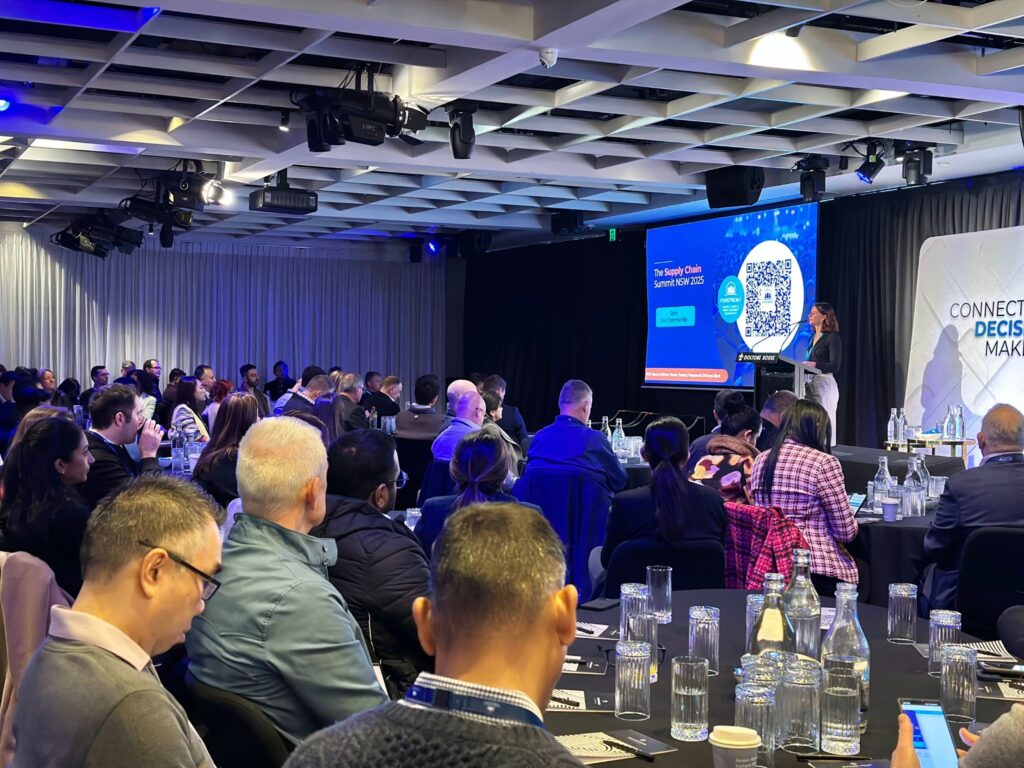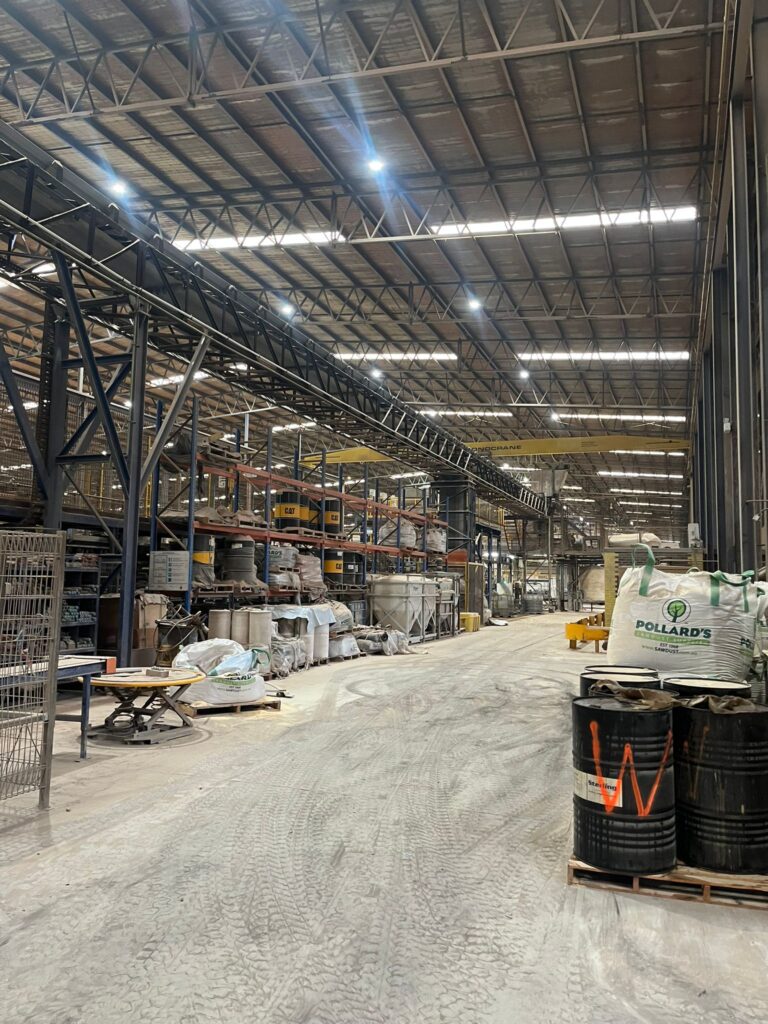Over the past 50 years, New Zealand’s ranking has fallen from being in the top five to the bottom five. It’s a tough reality, but more interestingly, the discussion centred around why Scandinavian countries and Ireland excel while we continue to struggle.
Many attribute New Zealand’s lagging performance to factors like distance to market, limited access to capital, and the small size of our domestic markets. Undoubtedly these do play a role, but they are largely beyond a business’s control.
No matter how efficient we become, we still face the challenge of shipping goods across the globe. If we focus on these external factors alone, we will continue to run the risk of overlooking the most crucial areas where we can improve – leadership and people management.
Studies show that New Zealand consistently underperforms in these areas compared to other OECD nations, and this is not a recent development.
Over the last 40 years, other countries have systematically invested in cultivating great leaders, while New Zealand seems to have fallen into five fatal assumptions about leadership.
The five fatal assumptions about leadership in New Zealand:
- Promoting the best operator to leader will work out
Many workplaces fall into the trap of promoting the best operator to leadership roles. While they are often respected for their technical skills, they may lack the ability to manage people effectively. This can result in the loss of a great operator and sometimes even a demotivated team. Leadership requires a different skill set—one that needs to be developed, not assumed. - Leaders are born, not made
The belief that leadership is innate is misleading. Being respected for one’s technical abilities is not the same as having the ability to lead others. If leadership were truly an inborn trait, large multinationals wouldn’t invest heavily in leadership development programs. Instead, they’d simply identify these “natural” leaders. The reality is that leadership can be taught, and the best organisations know this. - I know how to develop and mentor leaders
There’s a “number 8 wire” mentality in New Zealand where people believe they can mentor others simply because they’ve been through the ranks themselves. However, mentoring requires more than experience—it requires skill and a structured approach. If no one in your organisation is truly qualified to develop leaders, it’s time to get external help. - Leaders will learn by doing the job
This assumption is equivalent to giving a learner driver a Ferrari and hoping for the best. In reality, people will often entrench the habits they already have; habits that may need to be unlearned later. Leadership development requires structured training combined with hands-on mentorship. Without ongoing support and feedback, new leaders are likely to repeat the same mistakes, limiting their effectiveness and harming the organisation in the process. - We can recruit good leaders from the market
The idea that the market is awash with good leadership talent is flawed. Studies show that New Zealand has some of the lowest levels of leadership capability in the OECD. If most businesses aren’t investing in leadership development, where is this mythical pool of great leaders supposed to come from? The talent simply isn’t there unless we create it ourselves.
The leadership gap
New Zealand’s decline in productivity isn’t because we’ve become worse. It’s because other countries have gotten better. Nations at the top of the OECD rankings invest heavily in leadership development and people management, which drives the industries of the future.
While geography and population offer them some advantages, their real edge comes from having better leaders who make better decisions.
Imagine a business where every leader is competent, teams work on the right things with purpose, and first-level leaders can resolve most issues on their own. Senior leaders are freed from day-to-day firefighting and can focus on growth and strategy.
If that sounds like an improvement over the current situation, the answer is clear: start developing better leaders.
To take your continuous improvement efforts to the next level and achieve sustainable business growth, discover how we can help you build a performance culture that drives real results here.








